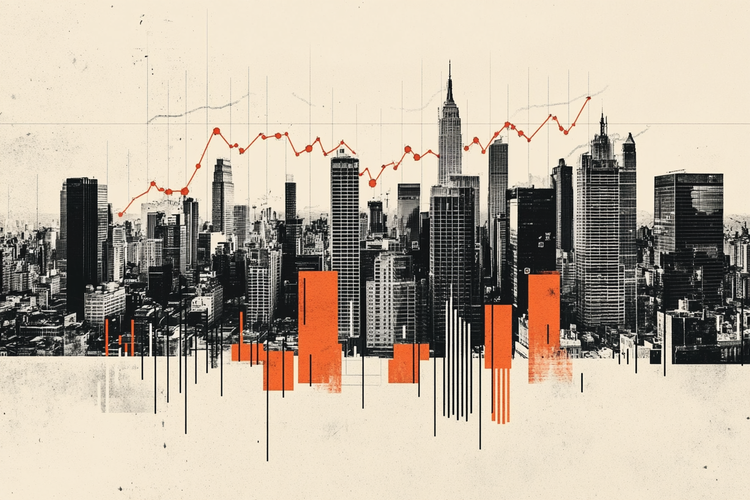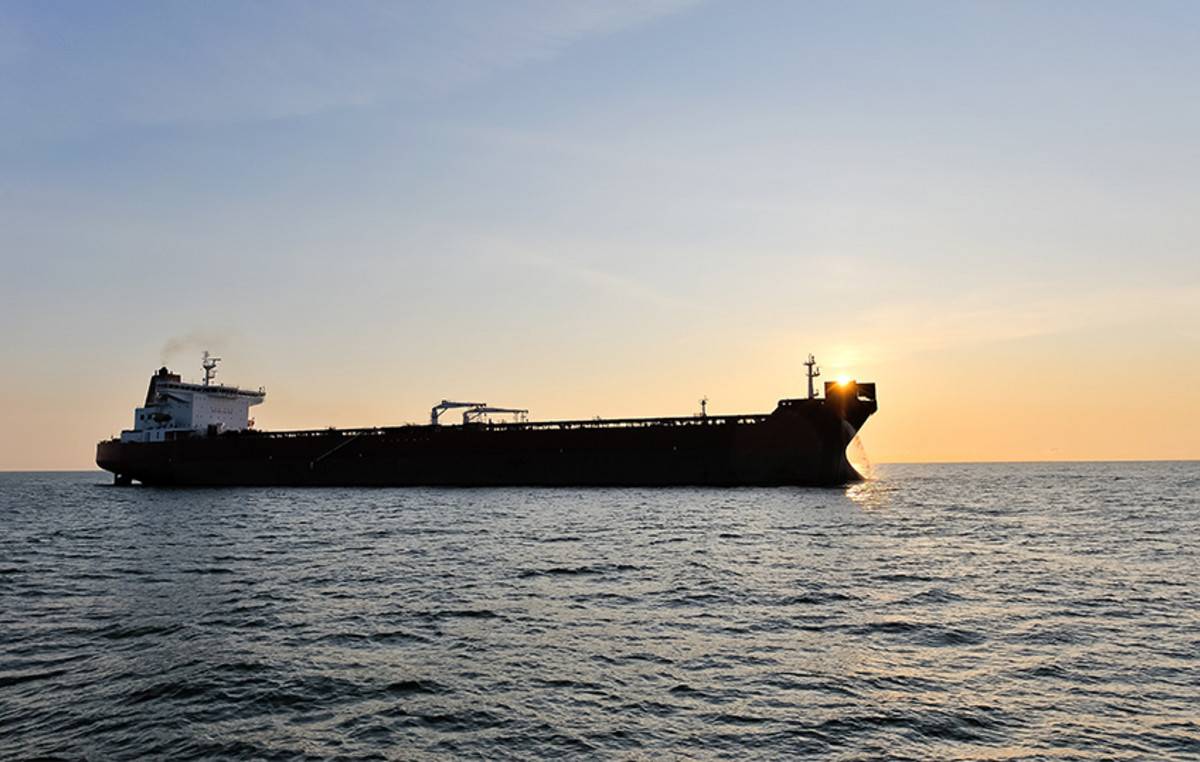The 17th summit meeting of the G20, a group with the twenty largest economies in the world, starts this Tuesday (15), in Bali, an island located in Indonesia. Leaders are expected to discuss the impacts of the war in Ukraine on countries and high levels of global inflation, which is sending central banks rushing to raise interest rates to try to mitigate the widespread rise in prices.
According to specialists, the prospect of a global recession, controlling inflation and energy alternatives should be highlighted topics in the discussions between the leaders.
Indonesian Finance Minister Sri Mulyani Indrawati has already set the tone for the importance of the economic debate for the summit by stating that the economic situation around the globe is likely to remain difficult this year and “possibly” next. “We cannot ignore the growing risk of economic recession,” she said during a press conference.
Rodolfo Margato, an economist at XP, says there will likely be a wide-ranging discussion on interest rates, terminal rates and the pace of monetary policy tightening between countries. According to the expert, the main point will be the duration of high rates.
“The current environment increases the risks of recession. Higher interest rates, to combat inflation, end up worsening the dynamics of economic activity”.
Data from the World Economic Forum corroborate the analysis. According to the agency, runaway inflation, a developing debt crisis and cost of living problems pose the biggest threats to business in the G20 countries over the next two years.
In addition, the Gross Domestic Product (GDP) of the G20 contracted by 0.4% in the second quarter of 2022 compared to the previous three months, according to a report published by the Organization for Economic Cooperation and Development (OECD).
For the professor of international relations at the Armando Alvares Penteado Foundation (Faap) Vinícius Rodrigues Vieira, digital transformations, which impact commercial exchanges between nations, should also be part of the summit.
ukraine war
Both Vieira and Margato point out that geopolitical issues involving the war in Ukraine must be on the agenda, since its developments have generated a large part of the global economic challenges.
“That region [da Ucrânia] it is an important provider of energy, agricultural, and some metallic commodities… this also has an effect on the dynamics of international prices”, says Margato.
The Russian representation will not even count on the presence of President Vladimir Putin. The country chose to send the Minister of Foreign Affairs, Sergei Lavrov. Putin’s decision is intended to spare him the possible embarrassment of being confronted – or avoided – by other world leaders due to the conflict in Eastern Europe.
Finally, plans to mitigate the climate crisis and move forward with the energy transition are expected at the meeting.
“On the energy issue, the quest to diversify the energy matrix of the richest countries, which is already underway, will have to accelerate. The world will seek energy independence from Russia”, explains the professor at USP’s Institute of International Relations, Kai Enno Lehmann.
The assessment is that the environmental discussions that were being held during COP27 should, to a certain extent, continue and intensify at the meeting of the 20 main economies in the world. Furthermore, the country hosting the event itself must play a major role in this regard.
Indonesia
The choice of Indonesia as the stage for the 2022 summit is based on the protocol established between the group, in which the country that assumes the rotating presidency will also be the one to host the event. In the case, this year, the presidency is with the nation located in Southeast Asia.
However, experts explain that there is also a symbolic aspect, as Indonesia has been one of the countries that suffers most from climate change. Proof of this is the move to the capital, which should take place in 2024.
The Indonesian government announced in April 2019 a plan to transfer the administrative capital of the country from Jakarta to two districts in the eastern part of the island of Borneo. Jakarta is 40% below sea level and is still sinking by an average of 7.5 cm per year, according to the latest official estimates.
Construction of the new capital was supposed to start at the end of 2020, but was delayed due to the Covid-19 pandemic.
In addition, the World Bank warns of impacts on water availability, health and nutrition, and disaster risk management and urban development—particularly in coastal zones, with implications for poverty and inequality.
The country is the fourth most populous nation in the world and the 10th largest economy in terms of purchasing power parity, with an economy focused mainly on the industrial sector and agriculture, with the export of commodities.
The G20
The G20 was created in 1999 and brings together the world’s largest economies, including developed countries and emerging economies. The group serves as a forum for dialogue and international cooperation on economic and development issues.
Member countries account for 80% of global GDP, 75% of exports, about 70% of foreign direct investment and 60% of the world’s population.
The permanent members are: South Africa, Germany, Saudi Arabia, Argentina, Australia, Brazil, Canada, China, South Korea, United States, France, India, Indonesia, Italy, Japan, Mexico, United Kingdom, Russia, Turkey and European Union.
Brazil will host the annual meeting of G20 presidents and prime ministers in 2024. This is the first time that Brazil has been chosen as host for a G20 leaders’ summit since the group’s creation in 1999.
Source: CNN Brasil
A journalist with over 7 years of experience in the news industry, currently working at World Stock Market as an author for the Entertainment section and also contributing to the Economics or finance section on a part-time basis. Has a passion for Entertainment and fashion topics, and has put in a lot of research and effort to provide accurate information to readers.







